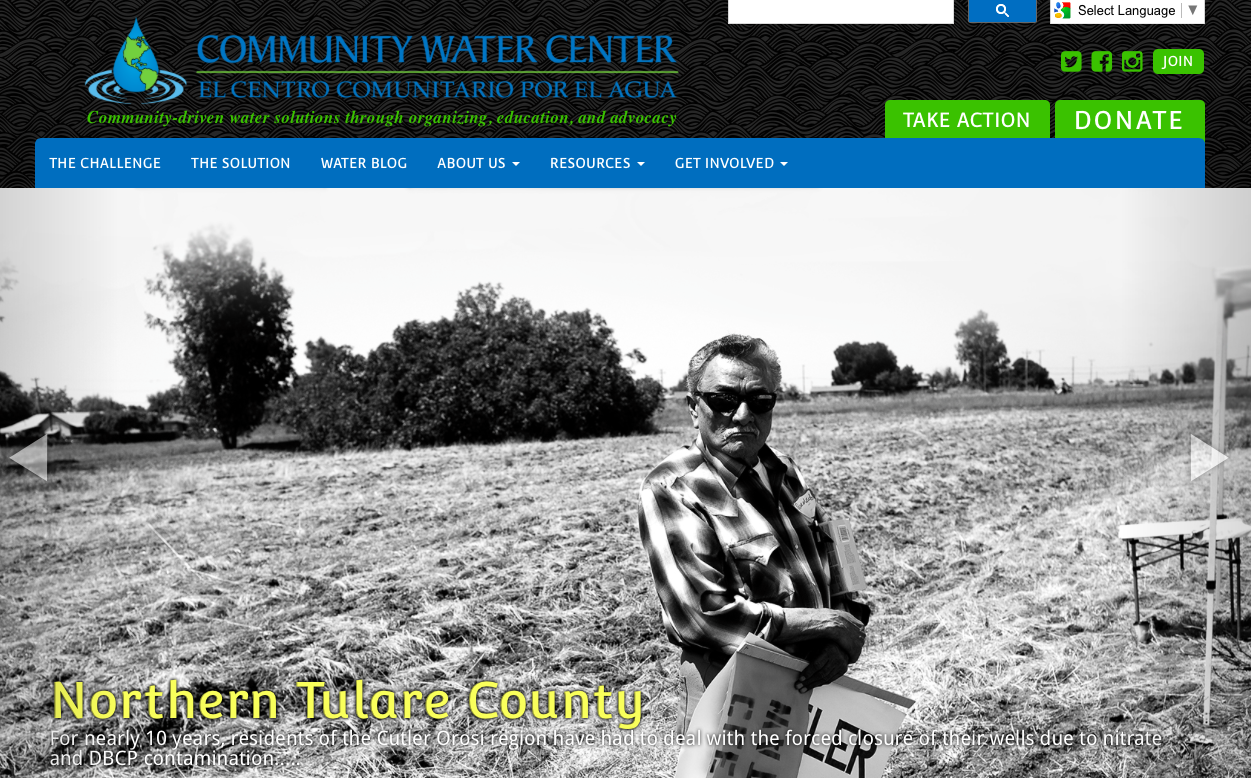
Define American is countering efforts by xenophobes to claim patriotism through storytelling.
In the wake of the election, a whole lot of smart people have written about what it takes to win in 2017. As communications and campaign nerds, we’re tracking a lot of it. We’re sending around Lakoff’s tweet taxonomy and dozens of thought pieces about narratives over numbers and the importance of framing and feelings.
This emphasis on values, storytelling and framing is right out of our long time playbook. And it is not new to our partners in the progressive movement. So why are we, collectively, having a hard time doing what we know it takes to win?
A couple of things occur to me. First, a lot of progressive groups have been put on their heels by the speed and scope of the assault on basic civil rights, health and environmental safeguards. We are in rapid response mode, and that is not an ideal place from which to execute strategic communications. The opposition is setting the terms of the discussion with clever sound bites like “regulatory burden” and “relief.” Those two phrases pack a lot of meaning, and they have us rushing to defend the importance of public protections. But we have to do it on our terms, not theirs!
The other thing is that so many advocates’ jobs require them to spend time in the weeds, poring over pages of legalese and penning complex policy documents. How can we expect these experts, who need to have reams of facts at their fingertips to also evoke powerful emotions?

Community Water Center is shining a light on California’s widespread water pollution through stories about individual families and neighborhoods.
Below are five ways social change activists can translate their deep expertise into messages that will move people:
- Make policy personal, like AFL-CIO did in this blog post about Trump’s pick for labor secretary: What if Andrew Puzder was your boss? Rather than talking about his views and records in the abstract, they put them in the context of a real person’s workweek.
- Zoom in. A lot of our partners work regionally, nationally or even internationally, so they look at big numbers and broad trends. But it’s hard to connect global averages and statewide statistics to our lives. That is why our partners at Community Water Center use stories from individual families and communities to shine a light on California’s widespread water pollution, rather than rattling off a bunch of fact and figures (although they have those too!)
- Say what you are for, not just what you oppose. The Indigenous Coalition at Standing Rock did and does an incredible job of this, framing activists as Water Protectors, and spreading the #WaterisLife message. This Instagram post from our friend and former fellow Jade Begay carries that message beautifully.

- Stake out, or take back, our values. Define American does this well, countering the attempts by xenophobes to claim patriotism by urging supporters to stand with the “11 million undocumented Americans” that “need you as an ally.” Define American has also worked to shift the language journalists use around immigration with its #wordsmatter campaign.
- Emphasize the pay-off, not the process. Our long time partners at Ocean Conservancy have been working to reduce plastic pollution in the ocean for years, using a range of approaches from coastal cleanups to policy and behavior change. Rather than going deep into the weeds on their supply chain and waste management work, they are leading with the goal: Trash Free Seas.
For more of our thoughts on what it takes to win in these uncertain times, check out Belinda Griswold’s Principles for solidarity or Amy Frykman’s Three tips for Trump times. For more on the topic of stories over facts, check out Why facts don’t change our minds, Keep it simple, Lay down your facts, and pretty much everything George Lakoff writes.
